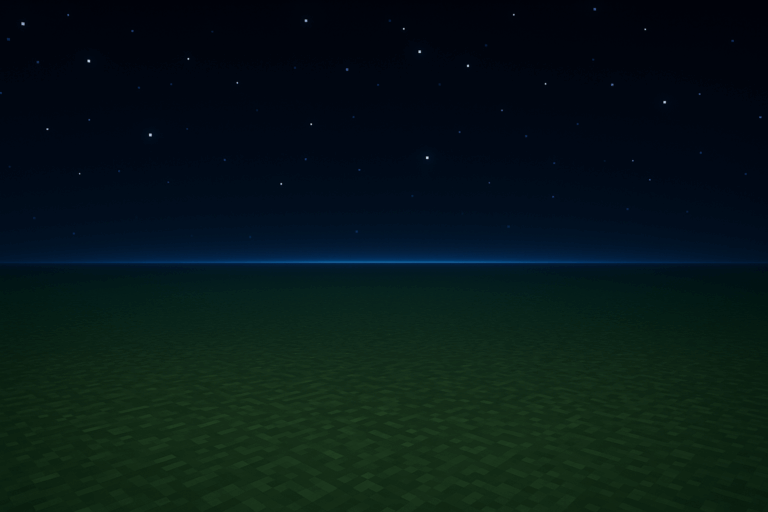
Need a clean hub or a giant build area? Superflat gives you a blank canvas with full control. With our dedicated Minecraft server, enjoy exceptional performance.
world)server.propertiesserver.properties in the root of your server. If you can’t see it, ensure you’re at the server root (same level as logs and possibly plugins).
server.properties, locate level-type=.... Change it to level-type=flat. a) On newer versions, if you get “Unknown level type”, use level-type=minecraft:flat. b) On Bedrock, use level-type=flat and keep the default port 19132.
level-name=world to a new name, e.g., level-name=flatworld. This makes the server create a brand-new world folder on next start. Alternatively, delete your existing world folders (world, world_nether, world_the_end on Java) if you want to keep the same name. If you skip this, the server will reuse the old world and you won’t see a flat map.
generate-structures=false in server.properties. You can also define layers with generator-settings (modern Java): for a classic grass/dirt/bedrock flat, paste this on one line:generator-settings={"layers":[{"block":"minecraft:bedrock","height":1},{"block":"minecraft:dirt","height":3},{"block":"minecraft:grass_block","height":1}],"biome":"minecraft:plains"}. If generation fails, it’s usually a quote/comma typo—copy exactly as shown.
gamemode=creative in server.properties. Lower spawn protection with spawn-protection=0 if players don’t have OP. Grant OP from the console with op YourName, or in-game with /op YourName. Prefer survival? Toggle temporarily with /gamemode creative when needed.
25565, Bedrock uses 19132. If it’s not flat, re-check level-type and ensure you changed level-name or deleted old world folders.
– For hub performance, try view-distance=8 and simulation-distance=6 (Paper/Purpur). – Cut mobs if not needed: /gamerule doMobSpawning false. – Stop weather: /gamerule doWeatherCycle false and /weather clear. – For a true void, use a single bedrock layer preset or generate/upload a void world made locally. – Always back up your world before regenerating.
Most common causes: 1) You didn’t change level-name or delete old world folders. 2) Wrong level-type value (try flat or minecraft:flat). 3) You edited while the server was running—stop, edit, save, then start.
Set generate-structures=false, stop the server, change level-name (or delete the world), and start again. Existing structures remain unless you regenerate the world.
Set level-type=default (or minecraft:normal on some versions), change level-name to force fresh generation, then restart. Re-enable generate-structures=true if desired.
Yes: use level-type=flat, change level-name, restart, and connect via port 19132. If it’s not flat, ensure you stopped the server before editing and saved the file.
You’ve got this. Two quick edits, one restart, and your superflat is ready for builds, hubs, and events. If it fails, redo the steps calmly—this method is reliable.